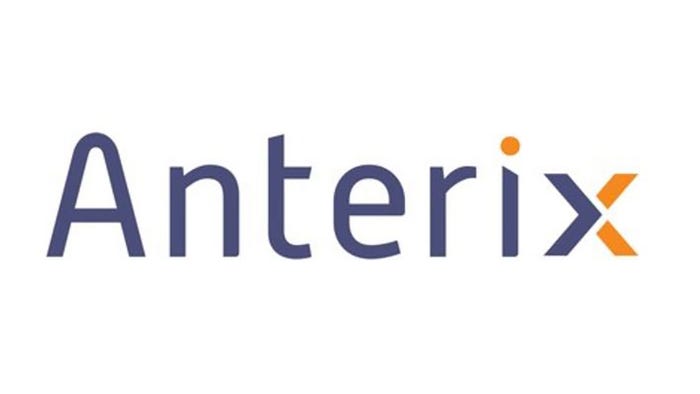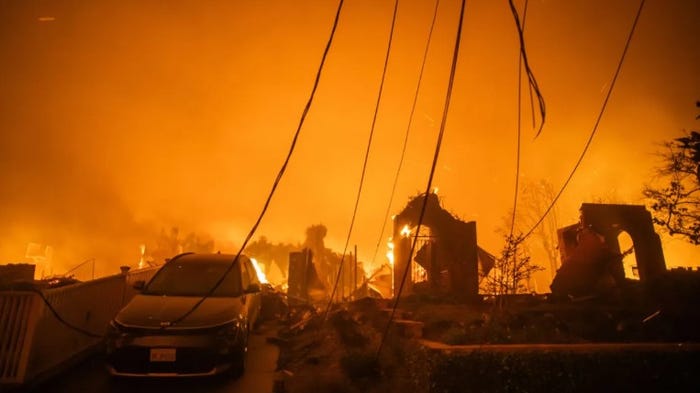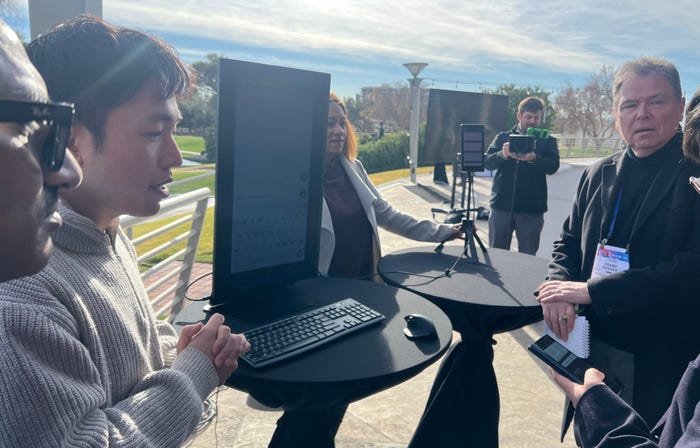Massachusetts officials say firewall issue caused statewide 911 outage on TuesdayMassachusetts officials say firewall issue caused statewide 911 outage on Tuesday

Emergency calls from people in Massachusetts could not reach 911 centers in the state for two hours on Tuesday, because a firewall prevented them from getting through for an unknown reason, officials with the state revealed this week.
Personnel with the Massachusetts State 911 Department (State 911) became aware of the interruption to statewide 911 operations at about 1:15 p.m. on Tuesday, and the system was “fully restored” at 3:15 p.m., according to a Wednesday press release on the matter. That press release noted that the State 911 Department worked with 911 vendor Comtech to address the problem, which apparently was caused by a firewall preventing emergency calls from getting to 911 centers.
“A preliminary investigation conducted by the State 911 Department and Comtech determined that the outage was the result of a firewall, a safety feature that provides protection against cyberattacks and hacking,” the press release states. “The firewall prevented calls from getting to the 911 dispatch centers, also known as public-safety answering points (PSAPs).
“Comtech’s initial review of the incident has confirmed that the interruption was not the result of a cyberattack or hack; However, the exact reason the firewall stopped calls from reaching dispatch centers remains under review. As the full review of the cause continues, Comtech has advised State 911 that they have applied a technical solution to ensure that this does not happen again.”
While emergency calls did not reach PSAPs during the outage period, the State 911 Department “has not received any reports of emergencies impacted during the interruption,” the press release states. Indeed, Massachusetts 911 centers can use technology that identifies attempted 911 calls and lets telecommunicators call those devices to secure response information—a technique that has become a key capability when outages hit PSAPs throughout the U.S.
Meanwhile, the Massachusetts State 911 Department will continue to explore why Tuesday’s outage occurred and implement measure designed to minimize the chances that such an episode happens again, according to the State 911 Department Executive Director Frank Pozniak.
“The Massachusetts State 911 Department is deeply committed to providing reliable, state-of-the-art 911 services to all Massachusetts residents and visitors in an emergency. The Department will take all necessary steps to prevent a future occurrence,” Pozniak said in a prepared statement. “We are grateful to everyone for their patience and cooperation during the outage.”
Boston Mayor Michelle Wu announced the statewide 911 outage on Tuesday prior to a press conference that was called to discuss the parade celebrating the Boston Celtics’ recent NBA championship.
During the press conference, Boston Police Department Commissioner Michael Cox and other public-safety agency officials explained how people in Boston could contact the city’s police, fire and EMS department without calling 911—calling the departments’ administrative lines, calling from a red fire box, or visiting one of the departments in person at a station or headquarters.
One key aspect of the Boston alternative plan is that the police, fire and EMS units all use the same computer-aided dispatch (CAD) system. As a result, people reporting an emergency could contact any of the public-safety departments and get the appropriate agency response, according to one of the public-safety officials speaking during the press conference.
“As long as it gets in the system, we’ll be able to connect to the right service,” according to the public-safety official.
Mayor Wu echoed this sentiment.
“If you are experiencing an emergency, if you find your way to police, fire or EMS, we will make sure that you get to the right place; so, don’t worry about needing to have the exact right number [of the appropriate public-safety department],” Wu said during the press conference.





